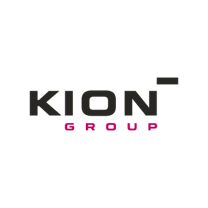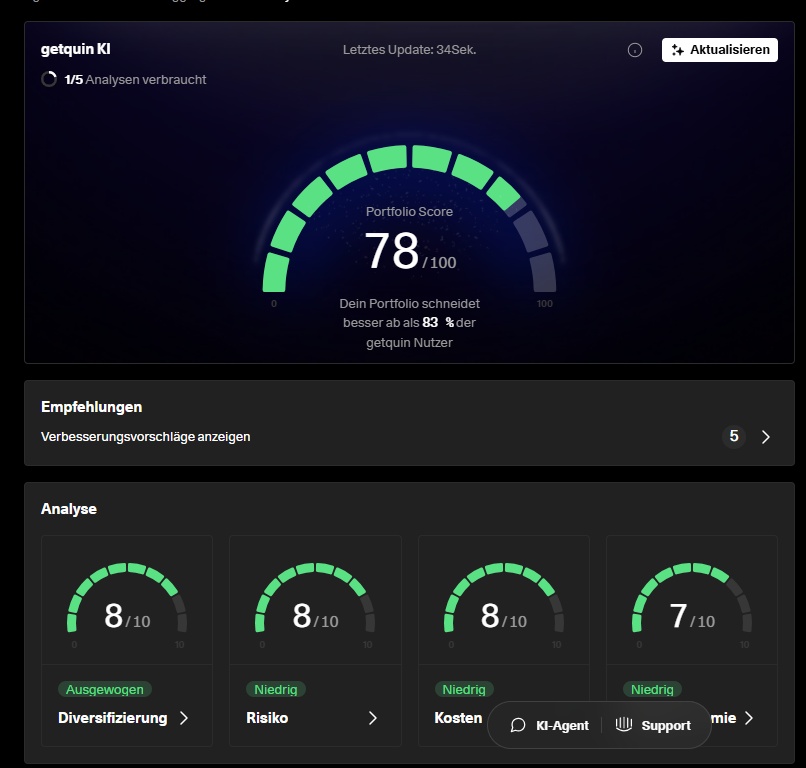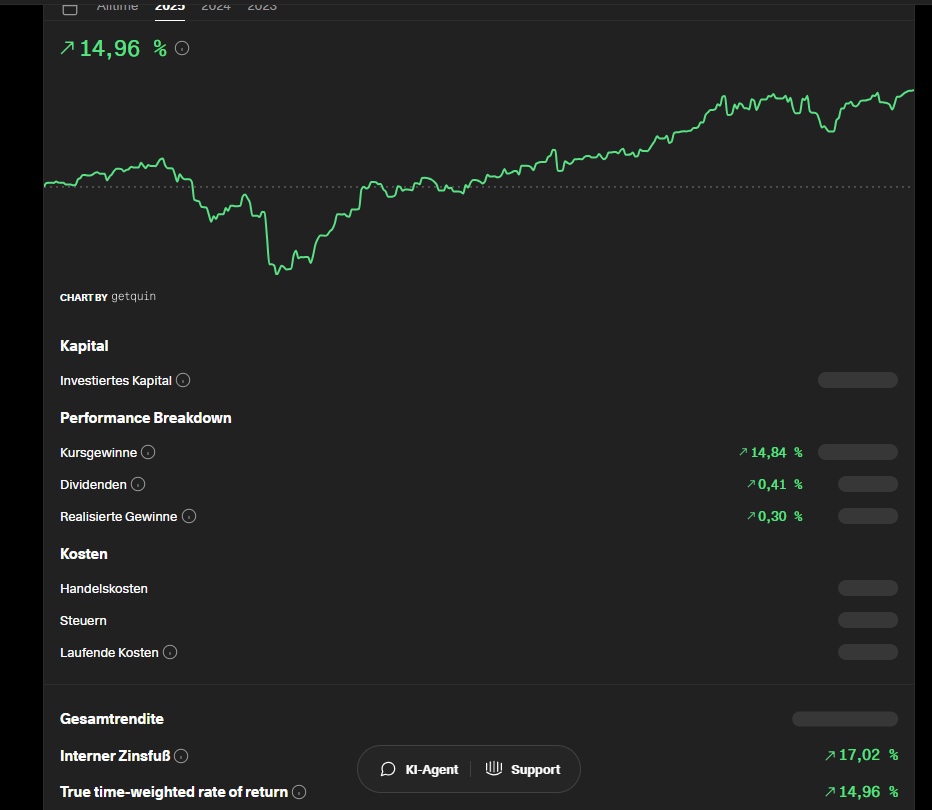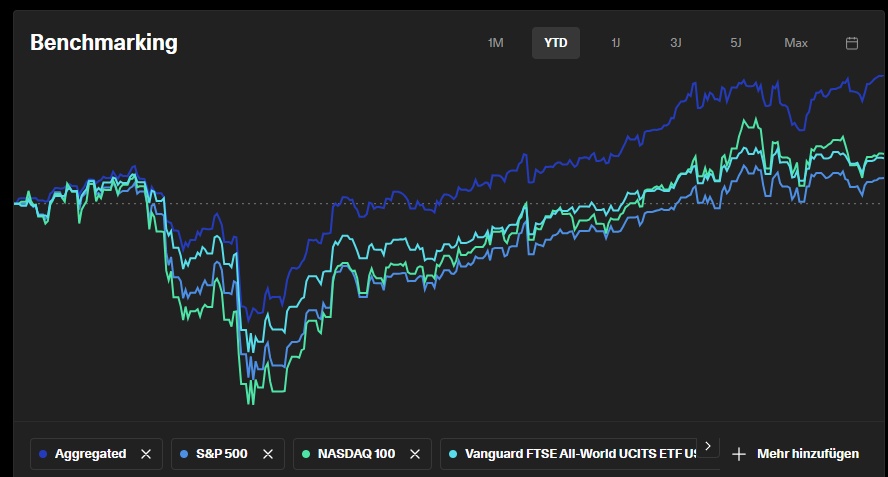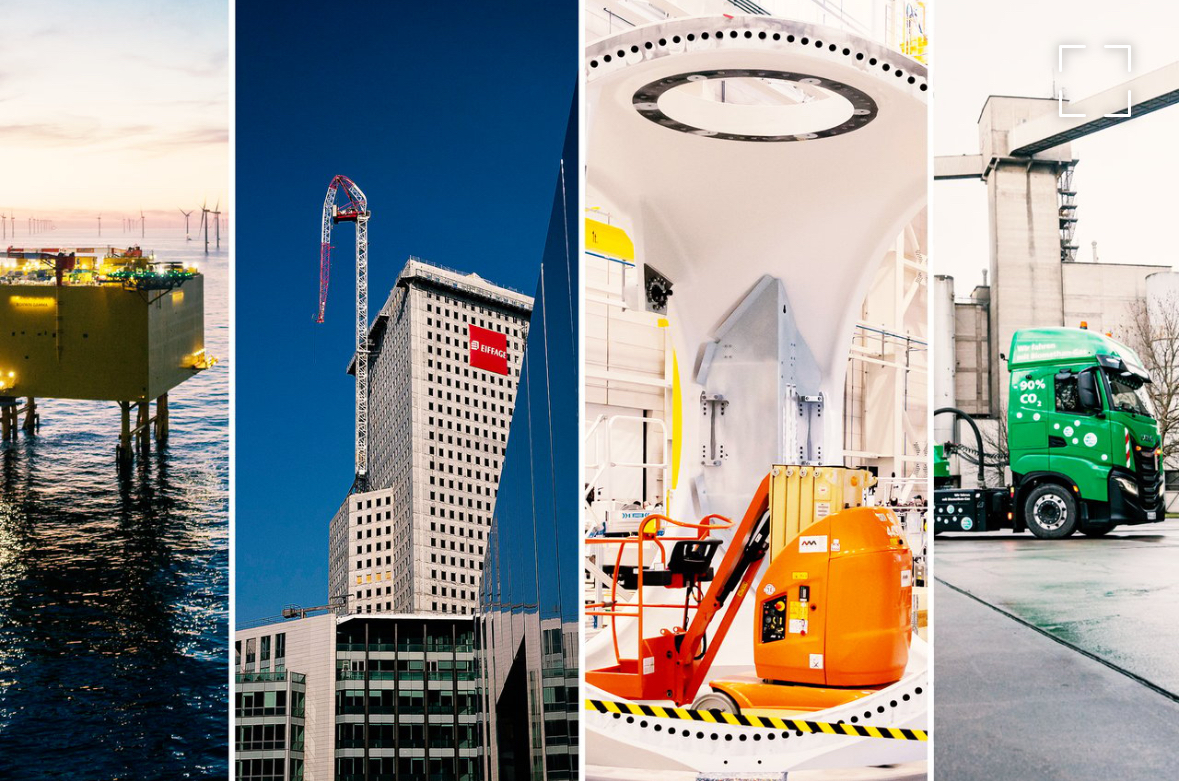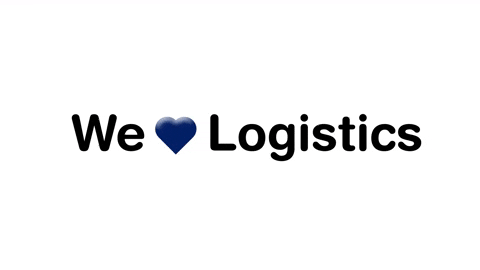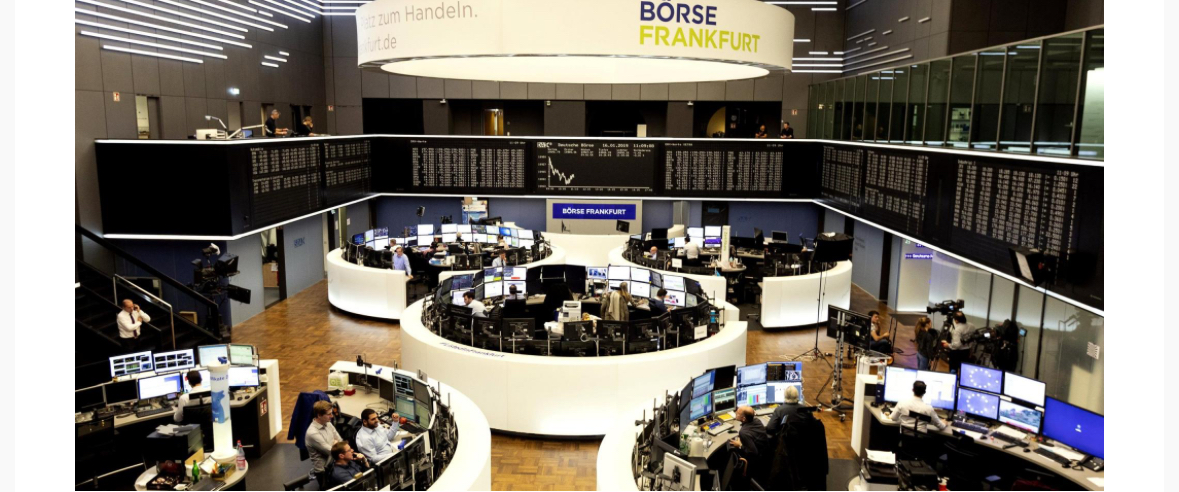I was inspired by a Focus Money article and because many people here are asking.
I won't be investing myself, it's too short-term for me. But there are still some very interesting companies.
Feel free to write in the comments whether such "copied articles" are of any use to the community or are legally correct :)
The signs of a peace process in Ukraine are solidifying. This is triggering a run on the stock market for shares that could benefit from reconstruction
Regardless of the political interpretation, the stock market has been turning its back on the war for several days now and is betting on the coming peace. Stocks that are likely to benefit from the reconstruction in Ukraine have soared. The UBS Ukraine Reconstruction Index, which comprises 25 of these stocks, has been climbing for days and is at an all-time high. "The effects of a possible ceasefire in Ukraine are still being underestimated on the financial markets," says Bernd Meyer, Chief Investment Strategist and Head of Multi Asset at Berenberg, who is convinced that the rally will continue. Reconstruction requires enormous resources. According to estimates by the World Bank, the costs for this amount to a total of 500 billion dollars - the equivalent of Austria's gross domestic product and more than three times Ukraine's annual economic output before the war. The money is likely to benefit construction companies, suppliers, infrastructure companies and banks in particular. European companies could be the main beneficiaries - especially from neighboring countries such as Poland and Hungary, but also the Czech Republic, Austria and Germany.
With Wärtsilä $WRT1V (-1,12 %) a provider of technologies for the shipping and energy markets, and Konecranes $KCR (+1,31 %) a manufacturer of industrial cranes and drive technology, Finnish companies are also on the list of potential peace beneficiaries - as are Italian companies such as the cement and building materials manufacturer Buzzi $BZU (+1,61 %) The list is long. There is a great need for building materials, steel and cables to restore the destroyed infrastructure and energy supply. There is still no thematic fund or ETF on the beneficiaries of the reconstruction in Ukraine. Investors who want to benefit from this are therefore well advised to combine several securities into a portfolio themselves.
Banks: Erste Group Bank $EBS (-4,41 %) Powszechna K. Osz $PKO (-4,44 %) Santander Polska $SPL (-2,71 %) Polska K. Opieki $PEO (-3,42 %) Raiffeisen Bank Int.$RBI (-1,89 %)
Construction: Wienerberger $WIE (+1,53 %) Sniezka Construction $SKA Strabag $STR (+3,06 %)
Insulation: Kingspan Group $KRX (-2,73 %) Rockwool $ROCK B
Glass: Cie de Saint-Gobain $SGO (+1,52 %)
Cranes: Konecranes $KCR (+1,31 %)
Cement: CRH $CRH (+2,56 %) Buzzi $BZU (+1,61 %) Holcim $HOLN (-1,38 %) Heidelberg Mat. $HEI (-2,57 %)
Construction machinery: Caterpillar $CAT (+2,11 %)
Mining: Ferrexpo $FXPO (-4,58 %) Metso $METSO (+1,21 %)
Chemicals: BASF $BAS (-1,09 %)
Industrial gases: Air Liquide $AI (+0,95 %)
Infrastructure: Schneider Electric $SU (-0,75 %) Rexel $RXL (-3,69 %) Wärtsilä $WRT1V (-1,12 %) Weir Group $WEIR (+0,15 %)
Infrastructure (E): Siemens Energy $ENR (-0,22 %) Prysmian $PRY (-3,37 %) NKT $NKT (-1,78 %) Nexans $NEX (-1,89 %)
Agriculture: Kernel $KER (+0,1 %)
Logistics(warehouse): Kion $KGX (-0,7 %)
Steel: Arcelor Mittal $MT (+0,64 %) and for stainless steels Outukompu $OUT1V (+1,97 %)
Sanitary technology: Geberit $GEBN (+1,25 %)
Specialty chemicals: Evonik $EVK (-0,78 %) Arkema $AKE (-2,49 %) Wacker Chemie $WCH (-0,34 %) Lanxess $LXS (+0,47 %)
